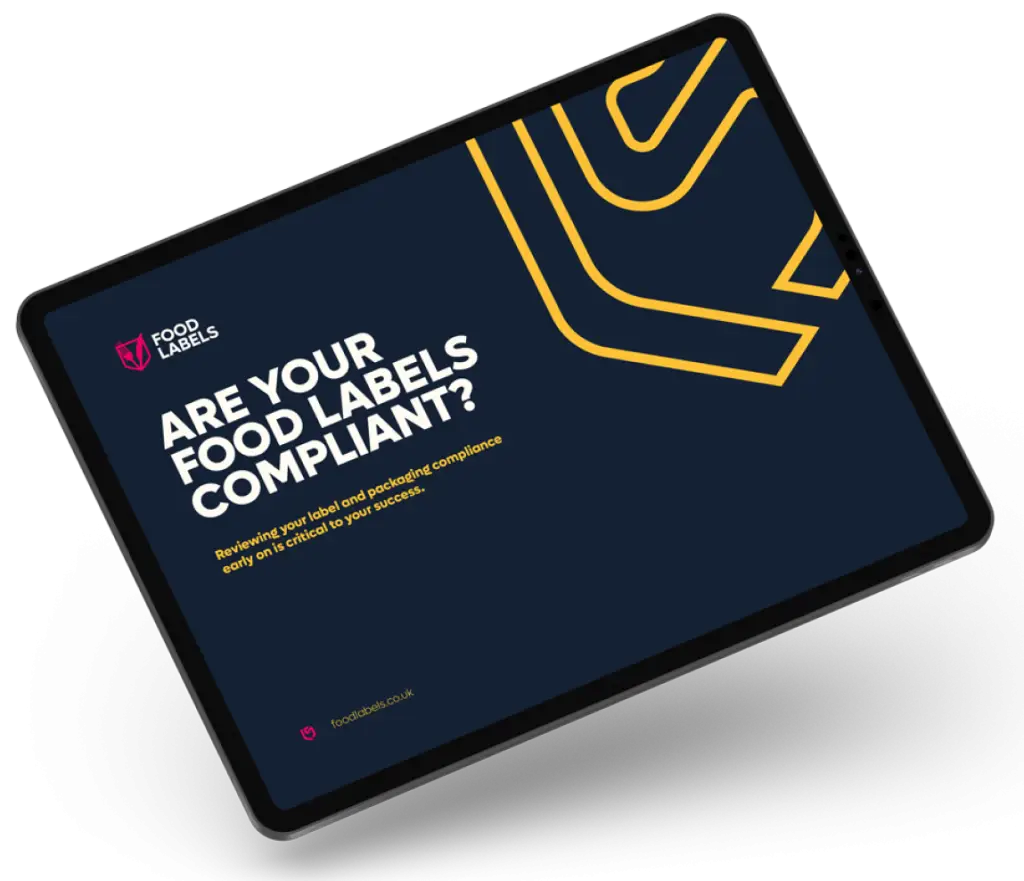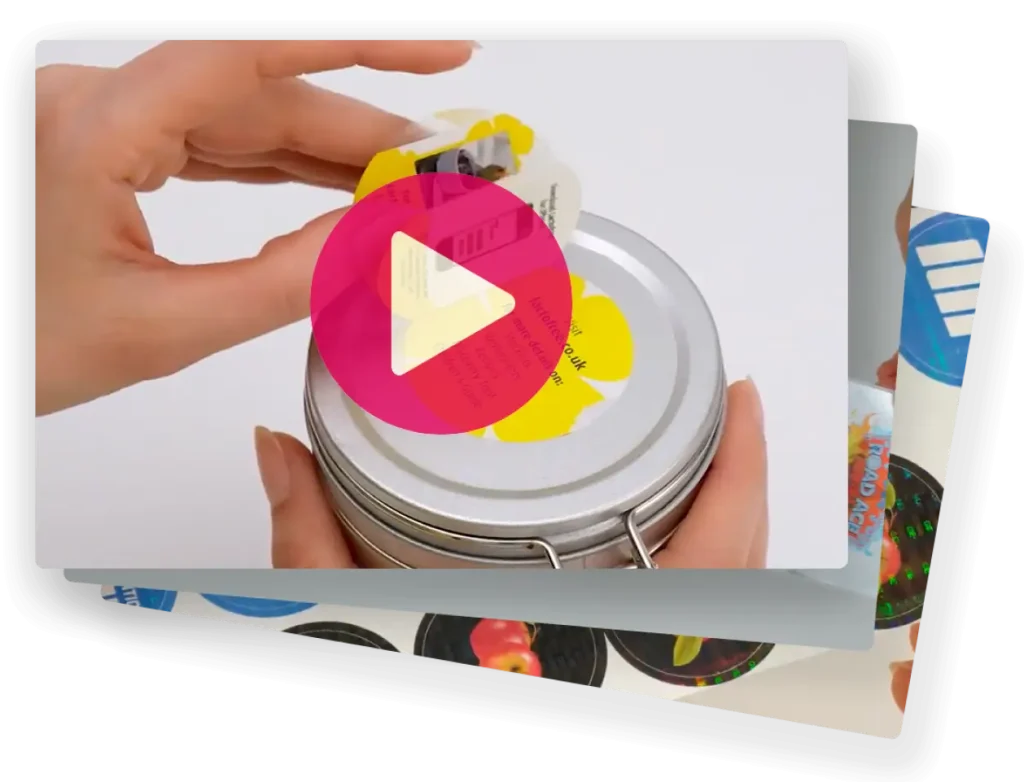The European Commission has published its new Packaging and Packaging Waste Regulation (PPWR). It bans non-recyclable packaging from 2030, using design for recycling criteria to measure recyclability. It also provides minimum recycled content targets in plastic packaging, and a harmonised labelling system for packaging disposal.
With this regulation, the European Commission aims to reduce the environmental impact of packaging and increase recycling rates throughout the European Union. It will replace the 1994 directive of the same name. New requirements for packaging manufacturers and their suppliers are foreseen in the draft, which will come into effect in all EU Member States in two years’ time. The regulation includes measures such as setting recycling targets for different types of packaging, as well as introducing economic incentives for the use of more environmentally friendly packaging materials.
“This far-reaching regulation is a major step forward in the EU’s efforts to create a more sustainable packaging industry in Europe,” said Beatrice Klose, Secretary General of FTA Europe and Intergraf. “It will have a significant impact on the printing and packaging industry, which will need to find new and innovative ways to reduce waste and increase recycling.”
Measures include national packaging waste reduction targets, minimising unnecessary packaging, and imposing re-use/refill targets on economic operators (per sector and packaging type). All packaging items will have to undergo a recyclability assessment procedure to ensure they meet established design for recycling (DfR) criteria. Packaging will be assigned a grade from A to E, according to its score of compliance with the DfR criteria. Packaging scoring grade E will be banned from the market from 2030. Grades A to D will be subject to extended producer responsibility (EPR) fees. Packaging containing plastic parts will also see some ambitious targets for 2030 and 2040.
Labelling to facilitate consumer sorting, inspired by the Nordic pictogram system, will be mandatory. Reusable packaging will also be required to be labelled with a QR code label. An additional label on recycled content is also suggested on a voluntary basis. Deposit Return Systems (DRS) for plastic bottles and metal cans will be mandatory.
Two years after the entry into force of the regulation, tea and coffee bags, single use tea and coffee systems, fruit and vegetable sticky labels, and very lightweight plastic carrier bags must be compostable.
The Packaging and Packaging Waste Regulation (PPWR) will have major implications for the entire packaging value chain. As well as national prevention and recycling targets, there will also be prescriptive requirements that are directly applicable to manufacturers and their suppliers.
Amendments
On 22 November, the European Parliament sent strong positive signals to EU citizens and businesses when it voted on its amendments to the proposal for an EU Packaging and Packaging Waste Regulation (PPWR). Encouragingly, Members of the European Parliament (MEPs) supported measures that promote the circularity of beverage packaging and respect the complementary role of recycling and reuse. Member States should adopt a similar position to help the industry achieve the EU’s circularity ambitions.
It was very encouraging to see MEPs support a priority access right to recyclates to enable closed-loop recycling whenever it makes sense. This is an essential enabler to the recycling of our packaging.
PET beverage bottles are the only sources authorised by current EU legislation that we can use to incorporate recycled PET in new PET beverage bottles. Without proper access to the recycled content coming from these beverage bottles, it will be extremely challenge to meet the EU’s mandatory recycled content targets as well as our own voluntary ambition to incorporate more recycled content in all our packaging.
The only way to address this and make sure that our beverage packaging is recycled in closed loops, when technologically feasible and when it makes sense from an environmental perspective, is to create a priority access right to the feedstock for recycling which enables closed-loop recycling. Priority access will also drive innovation as it will encourage other sectors to invest in the collection and recycling of their own products, ultimately contributing to a more circular economy.
A priority access right is already in place in Sweden and in Slovakia and will soon be part of the Austrian DRS where it has been integrated into national law. Member States should secure this principle in the PPWR to make it a reality across Europe. MEPs’ support for the complementarity between recycling and reuse with the creation of well-designed exemptions from the reuse targets was a right step toward respecting well-functioning waste management and recycling systems.
The sector supports reuse and is already making significant investments in reusable solutions. Yet, reuse cannot be scaled up blindly. It should be implemented in the right way. This means that reusable packaging should only be introduced where and when it brings more environmental benefits than recyclable packaging. That’s why exemptions mechanisms to the reuse targets are needed. These mechanisms also recognise the impressive environmental effectiveness of well-established waste management systems, such as DRS, around Europe.
Maintaining Mandatory Deposit and Return Systems (DRS) is crucial. DRS have a key role to play in achieving a circular economy for beverage packaging. European countries with long-established DRS usually report collection rates up to 95% and countries that have recently implemented DRS (Latvia, Lithuania, Slovakia and Malta) already see high collection rates on the way to 90%. Given current collection performances in other parts of the EU, many Member States are unlikely to achieve their EU collection targets without setting up a DRS. The absence of well-performing collection schemes in every Member State would also jeopardise the EU recycling and recycled content targets.
DRS are one of the most efficient options for meeting these targets but also for creating a closed-loop recycling system ensuring that the material collected can be recycled in new beverage containers. For these reasons, the obligation to set up a DRS in each Member State should be maintained in the EU PPWR and the only exemptions provided should be based on similar very high collection rates achieved by other EPR schemes.
MEPs rightly supported systems enabling refill for the achievement of the reuse and refill targets, expressing support for a PPWR that promotes innovation in refill solutions and takes into account all available reusable and refill solutions.
Systems enabling refill, such as home soda dispensers and refill stations in stores and in the horeca industry, are recognised by the Ellen MacArthur Foundation as reuse models. They have a role to play in responding to new consumer needs and helping to reduce packaging as they use little to no packaging. Member States should follow the lead of the European Commission and the European Parliament and regulate for the future by making systems enabling refill count towards the achievement of the reuse and refill targets.
Members States are expected to adopt their position on the proposed PPWR at the Environment Council on December 18. The sector looks forward to further strengthening engagement with decision-makers to advance the efforts in creating a realistic PPWR that will bring about positive outcomes for the environment, consumers and businesses.
Missed Opportunity?
The Parliament voted on new roles for reusing and recycling packaging within the EU (European Union). The policies include targets to reduce overall packaging and plastic packaging by 10% by 2030, 15% by 2035 and 20% by 2040. MEPs proposed banning the sale of very lightweight plastic carrier bags (below 15 microns), unless required for hygiene reasons or provided as primary packaging for loose food to help prevent food wastage.
They voted to “heavily restrict” the use of certain single-use packaging formats, such as hotel miniature packaging for toiletry products and shrink-wrap for suitcases in airports. MEPs also requested a ban on the use of “forever chemicals” (per- and polyfluorinated alkyl substances or PFASs) and Bisphenol A in food contact packaging.
MEPs approved the report, which constitutes Parliament’s mandate for negotiations with EU governments, 426 votes in favour, 125 against and 74 abstentions. The new rules require all packaging to be recyclable. However, the Parliament says certain temporary exemptions are foreseen, citing the examples of wood and wax food packaging. MEPs also voted for EU countries to ensure that 90% of materials contained in packaging are collected separately by 2029. Once the Council has adopted its position, the European Parliament will start talks with national governments on the final form of the law.
Plastics Europe has criticised the plenary vote, calling it a missed opportunity to incentivise investments in circular plastics packaging. Virginia Janssens, Managing Director of Plastics Europe, said: “Although Plastics Europe welcomes a number of decisions taken by the European Parliament, we believe today’s Plenary vote was a missed opportunity to strengthen this critical piece of regulation and create the incentives for the huge investments needed to make plastics packaging circular. It is unfortunate that the decision by the Environment committee to reduce the recycled content targets for contact-sensitive packaging has not been reversed in Plenary. This is a missed opportunity to use the Packaging and Packaging Waste Regulation to boost the development of the market for recycled plastic packaging in Europe.”
Rethink Plastic was more critical and accused MEPs of being “intimidated by unprecedented lobbying” into voting to delete “almost all provisions” to tackle unnecessary packaging and most of the reuse targets for 2040. Marco Musso, Senior Policy Officer for Circular Economy at the European Environmental Bureau, said: “Faced with record levels of waste, MEPs chose to side with throw-away packaging producers and fast food giants. Deleting provisions which would simultaneously reduce waste, scale up reuse and create new economic opportunities for Europe – they served the interest of polluters today.”
“The way goods are packaged can and should be done a lot better,” said the European Commission executive vice-president Frans Timmermans. “Such overpacking is a nuisance to us and is increasingly damaging to our environment.” “We want more packaging to be reusable, because we cannot recycle ourselves out of a growing stream of waste. And reusable packaging in a well-functioning reuse system is better for the environment than single-use options.” The commission also hopes to end confusion about recycling: it proposes harmonised labels, probably pictograms, to make it clear to consumers which bin to use.
In a separate law, the commission seeks to ensure that products claiming to be “biobased”, “biodegradable” or “compostable” meet minimum standards. In an attempt to clamp down on greenwashing, consumers would be able to tell how long it takes an item to biodegrade, how much biomass was used in its production and whether it is really suitable for home composting.














